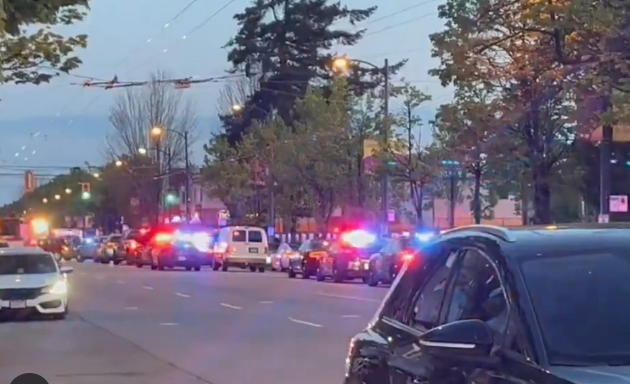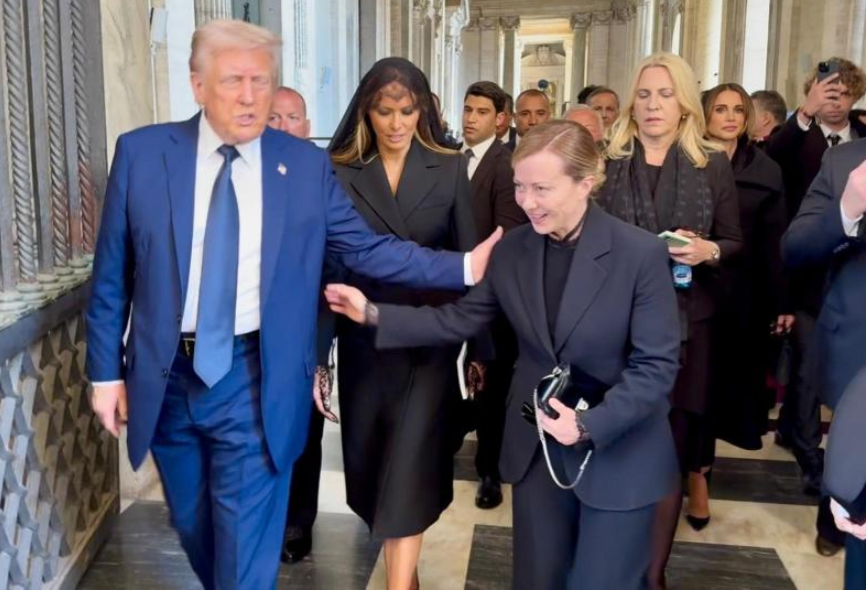[ad_1]
WASHINGTON (Reuters) – The U.S. Supreme Court dealt a setback on Monday to gun rights proponents including the National Rifle Association, refusing to hear a challenge to Maryland’s 2013 state ban on assault weapons enacted after a Connecticut school massacre.
The court turned away an appeal by several Maryland residents, firearms dealers and the state NRA association, who argued that the ban violated their right to keep and bear arms under the U.S. Constitution’s Second Amendment. The conservative-majority court on Monday also declined to hear a challenge to Florida’s ban on openly carrying firearms.
The justices, who have avoided major gun cases for seven years, sidestepped the roiling national debate over the availability of military-style guns to the public.
The case focused on weapons that have become a recurring feature in U.S. mass shootings including the Nov. 5 attack at a Texas church that killed 26 people, the Oct. 1 attack at a Las Vegas concert that killed 58 people, and the 2012 massacre of 20 schoolchildren and six adults at Sandy Hook Elementary School in Newtown, Connecticut, which prompted Maryland’s law.
Assault weapons are popular among gun enthusiasts.
The challengers, who had sued Maryland’s governor and other officials in 2013, appealed a February ruling by the 4th U.S. Circuit Court of Appeals in Richmond, Virginia that upheld the state’s law. The 4th Circuit said it had no power to extend constitutional protections to “weapons of war,” and it found little evidence such guns were well-suited for self-defense.
Maryland’s ban outlaws “assault long guns,” mostly semi-automatic rifles such as the AR-15 and AK-47, as well as large-capacity magazines, which prevent the need for frequent reloading.
Backed by the influential NRA gun lobby, the plaintiffs said in a court filing that semi-automatic rifles are in common use and that law-abiding citizens should not be deprived of them.
“The sands are always shifting with the Supreme Court,” Democratic Maryland Attorney General Brian Frosh said. “I hope that this means they have reached a conclusion that they are not going to fiddle with assault weapons bans across the country.”
The Supreme Court last year left in place assault weapons bans in New York and Connecticut.
“It’s inexplicable to me that people would allow the use of assault weapons when they see the carnage that has been inflicted on innocent victims around the country,” Frosh added.
‘CONTINUE FIGHTING’
The NRA’s Institute for Legislative Action took issue with the court’s refusal to hear the appeal, saying in a statement that a 2008 ruling by the justices “clearly stated that arms in common use for lawful purposes are protected by the Second Amendment and thus cannot be subject to an outright ban.”
“We will continue fighting to ensure that the Second Amendment freedoms of law-abiding Americans are respected in the courts,” the group added.
In recent years, the Supreme Court has repeatedly refused to second guess lower court decisions upholding state and local restrictions on assault weapons, which filled a void after a federal ban on these firearms expired in 2004.
Its last major firearms rulings were in 2008, finding for the first time that the Second Amendment protected an individual’s right to gun ownership under federal law, specifically to keep a handgun at home for self-defense, and in 2010, when it found that right applied to state and local laws as well.
Since then, gun rights advocates have been probing how far those rights extend, including the types of guns and where they can be carried.
In the Florida case, defendant Dale Lee Norman, who had a permit to carry a concealed weapon, was convicted of openly carrying a handgun in 2012 near his home in Fort Pierce, Florida. The Florida Supreme Court in March rejected Norman’s challenge to the so-called open-carry ban, saying it did not violate his right to bear arms, and the U.S. high court refused to take up his appeal.
Reporting by Andrew Chung; Additional reporting by Lawrence Hurley; Editing by Will Dunham
[ad_2]
Source link






Leave a Reply